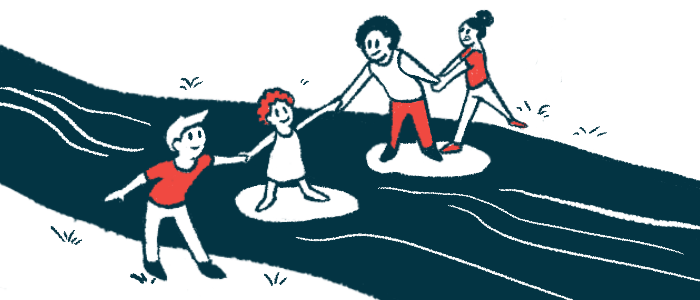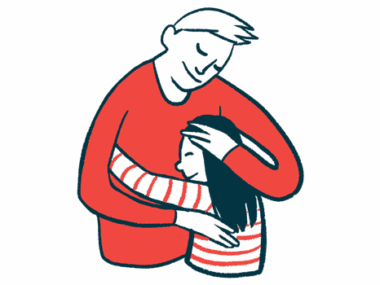Dravet families need support networks, study finds
Clinicians can be proactive about offering options, report says
Written by |

Having a child with Dravet syndrome affects the whole family, and it’s common for parents to feel burnt out and sleep-deprived and for siblings to feel unseen, a study reported.
Clinicians should be proactive about offering information about support networks for families affected by Dravet syndrome, the study’s authors said. Caregivers of Dravet children are “likely to need practical support in terms of navigating the health and educational systems and optimizing the support they can receive from formal and informal networks for their child and themselves,” they wrote.
Caregivers also “may need advice on managing their own mental health and sleep as well as consistent support from respite services and care assistants in the home,” the researchers said, noting that siblings of children with Dravet syndrome also may benefit from supports such as counseling.
The study, “Caregiver perceptions of the impact of Dravet syndrome on the family, current supports and hopes and fears for the future: A qualitative study,” was published in Epilepsy and Behavior.
Dravet syndrome is a complex disorder characterized by symptoms that include seizures and abnormal cognitive development. While living with Dravet affects not just the person with the syndrome, but their entire family as well, there hasn’t been much formal research into how families are affected by the condition.
Caregivers say they’re drained
A team of scientists in Sweden conducted interviews with 36 caregivers of Dravet children, aiming to gain greater insight into how having a child with Dravet syndrome affects a family.
“The objective of the current study was to describe caregiver perceptions of the impact of [Dravet syndrome] on the family, views on current supports for the family and hopes and fears for the future,” the researchers wrote.
Caregivers described a range of impacts. Children with Dravet usually require more intense supervision and monitoring, especially when seizures are a concern. This can lead to burnout for caregivers, while siblings feel sidelined.
One caregiver spoke of feeling drained from “all the time that we have to keep an eye on him and help him and always have someone checking on” the Dravet child.
“His sibling always has to be in second place and hear ‘wait, wait,'” said another. The family “can’t do so much together” because the Dravet child’s “routines always come first,” the caregiver said.
Caregivers frequently reported feeling their child’s condition had a negative impact on their own health. Many reported a definite lack of sleep.
“We have lost a lot physically,” as caregiving “affects the energy and it also affects the mood,” said one. “And the lack of sleep makes it even worse,” the caregiver added.
The caregivers also spoke of stress and anxiety about the future, such as financial worries and fear of social rejection.
“I see how people speak of children and adults with disabilities,” one caregiver said. “They not prioritized, unfortunately, understanding in society is not exactly great so then you become quite afraid of the future.”
Dravet syndrome makes social situations uncomfortable and vacations more complicated, as children with the condition are often easily overwhelmed by new or unfamiliar experiences, caregivers said.
“You can’t go to all the parties, for example, because there are too many people,” one said. Another said, “We can’t hang out with our friends as much as we’d like because it’s hard to take [the Dravet child] anywhere. It can be difficult for him with new environments.”
It’s not only the children who face social difficulties, the caregivers said. Having a child with a chronic health issue can make casual interactions with other adults difficult, and can also make it harder to keep a steady job or advance in a career, they reported.
“It can sometimes get tricky in other social contexts if you talk about my child dying every day,” one caregiver said, reflecting on a day when they’d gone to work having “just done CPR (cardiopulmonary resuscitation) and you get there and pretend nothing happened.”
While the challenges of dealing with Dravet are manifold, several caregivers also reported that they had good support networks, ranging from grandparents who can help take care of siblings, to online Dravet support groups, to in-home medical workers who can provide aid.
Caregivers also expressed hope for better Dravet treatments in the future, or even one day a cure. One caregiver reported being “hopeful with the gene technology that maybe we will have a cure even if it is too late for my child.”
The researchers said their findings can help clinicians better understand and identify areas where they can offer support and helpful resources for families affected by Dravet syndrome.






